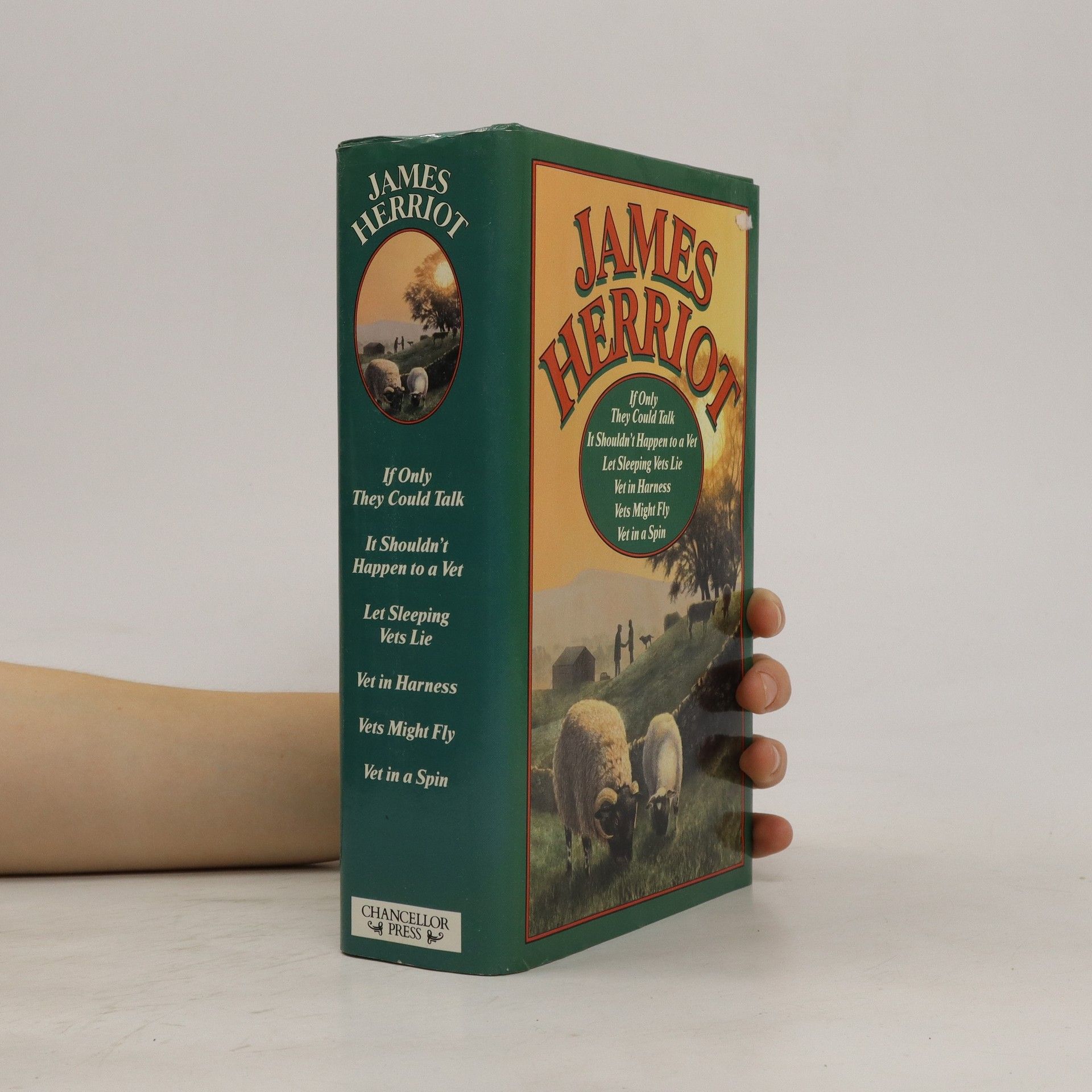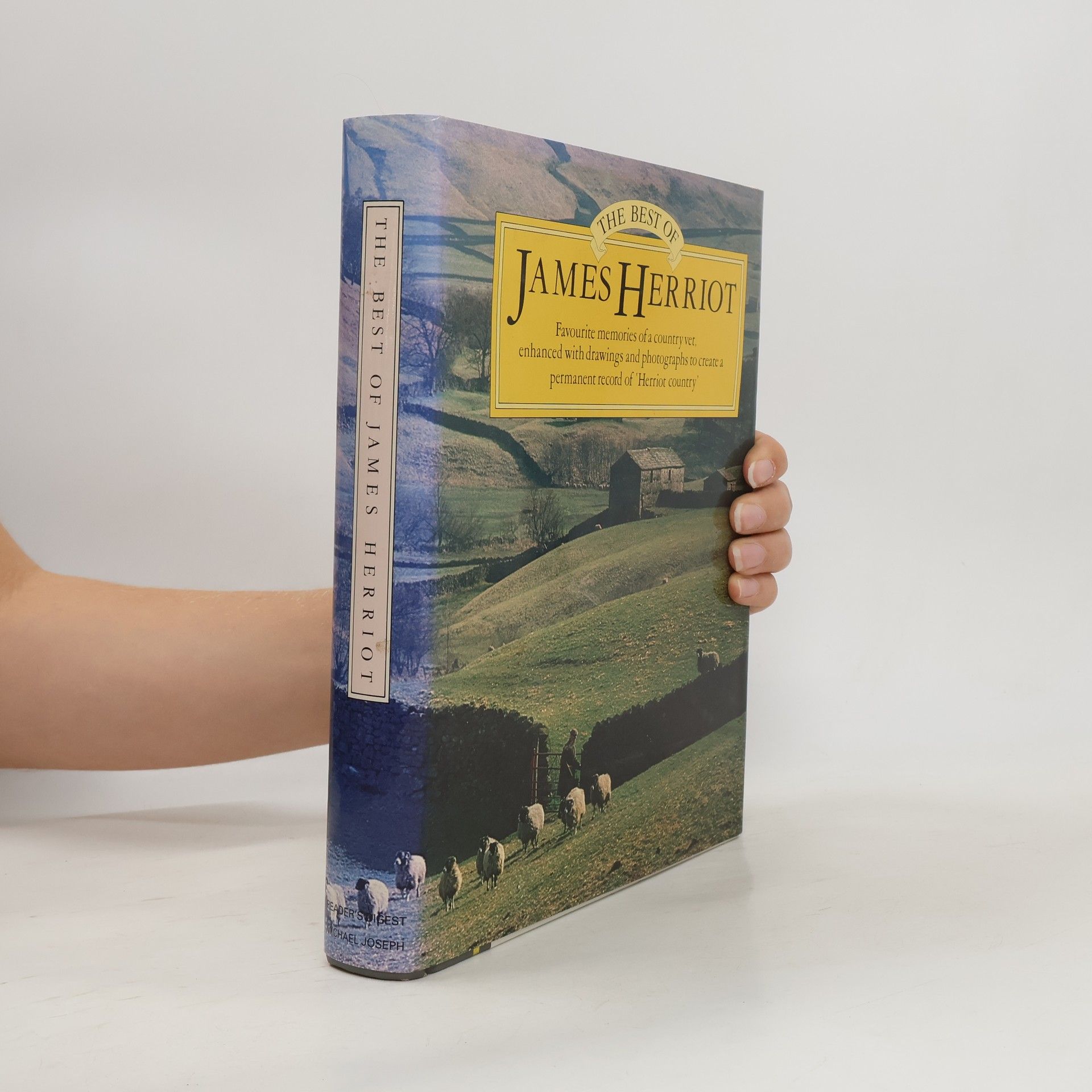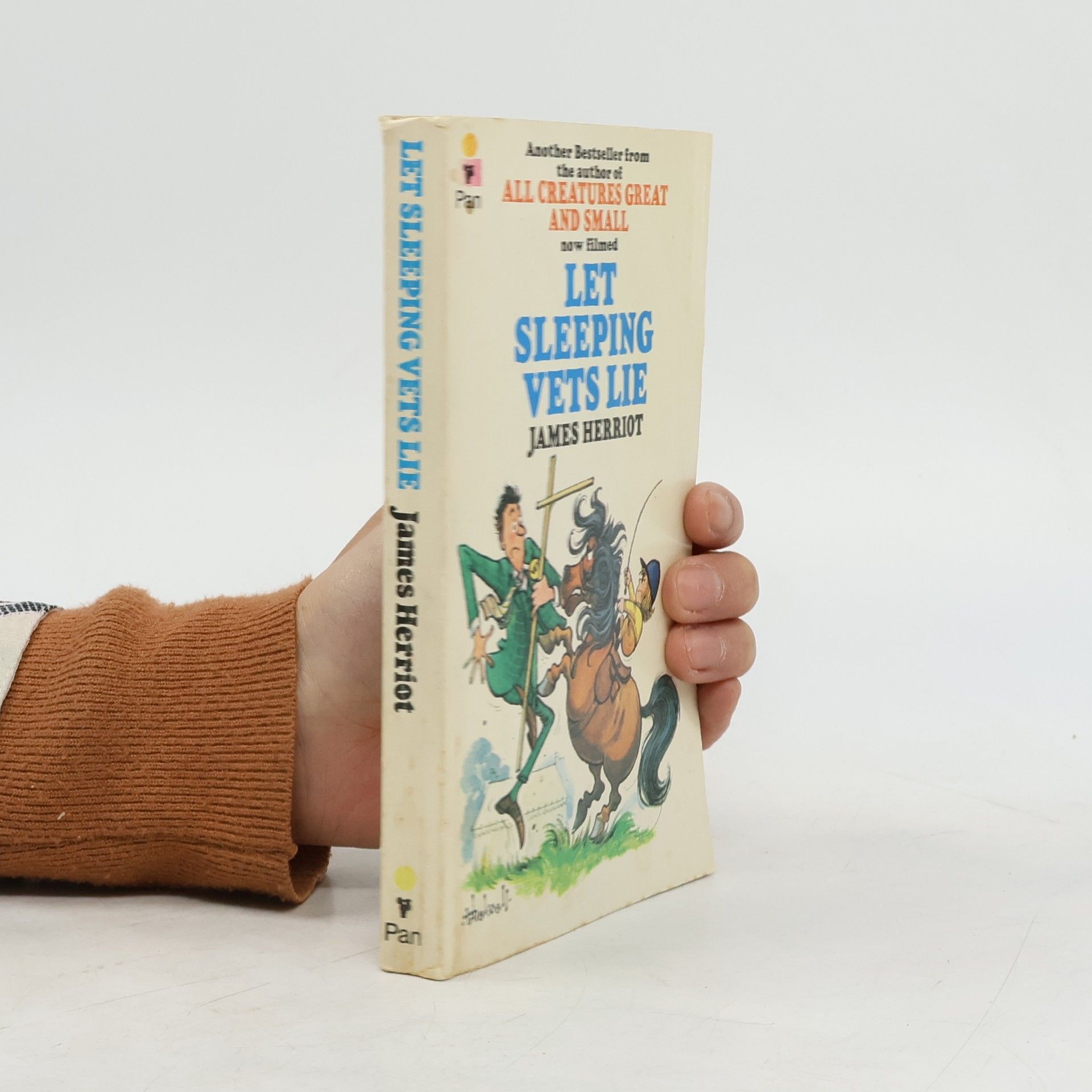All Creatures Great and Small The Complete James Herriot 8 Book Box Set Brand New Titles in This Set Every Living Thing The Lord God Made Them All Vet In A Spin Vets Might Fly Vet In Harness Let Sleeping Vets Lie It Shouldn't Happen To A Vet If Only They Could Talk
James Herriot Books
James Herriot, the pen name of James Alfred Wight, offers compelling narratives drawn from his experiences as a country veterinarian. His semi-autobiographical works delve into the lives of both animals and their human companions, revealing astute observations on the human condition. With a blend of humor and empathy, Wight captures the everyday challenges and triumphs of rural practice, making his stories resonate universally. Set against the backdrop of the Yorkshire countryside, his writing ultimately explores themes of resilience, hope, and the simple dignity of all living creatures.

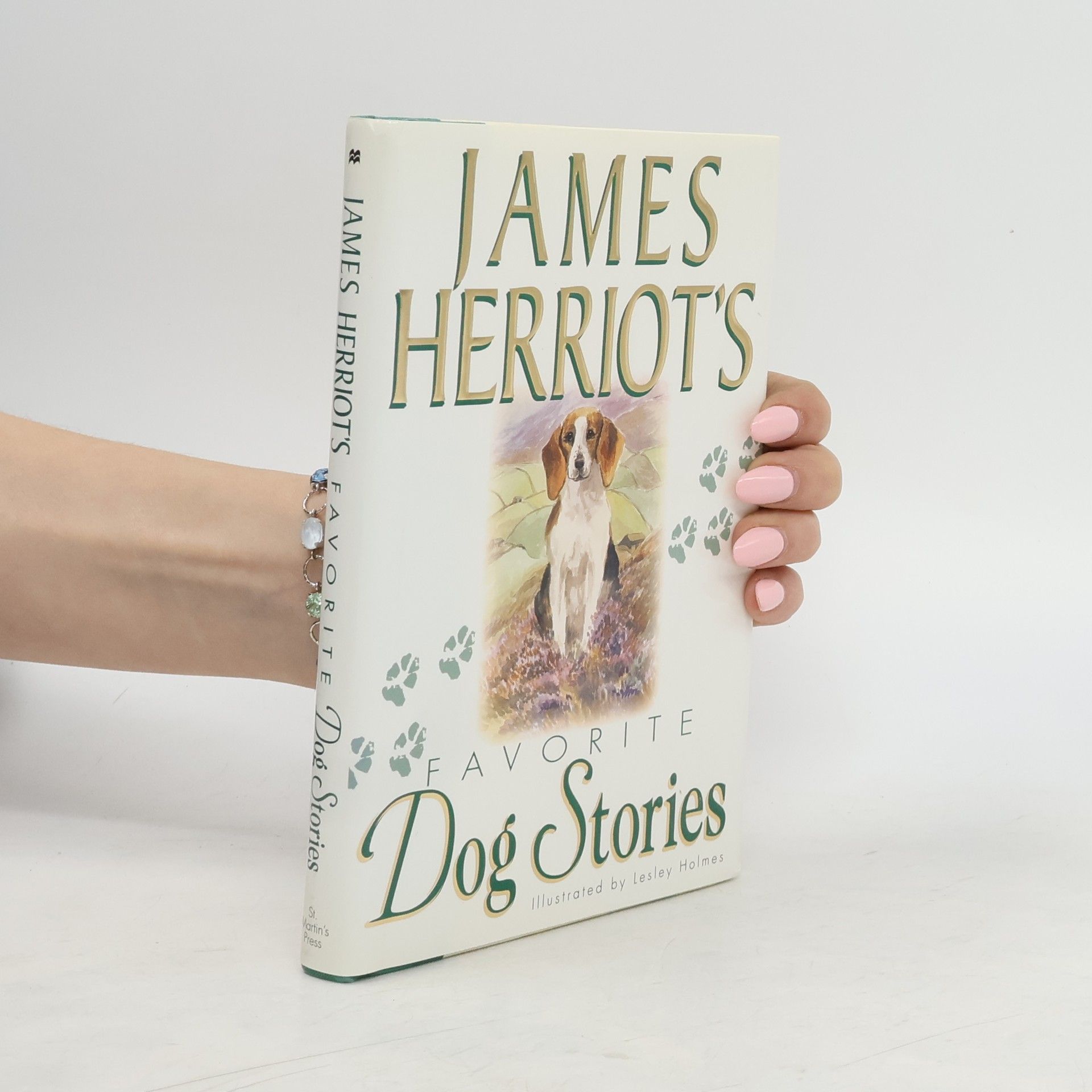
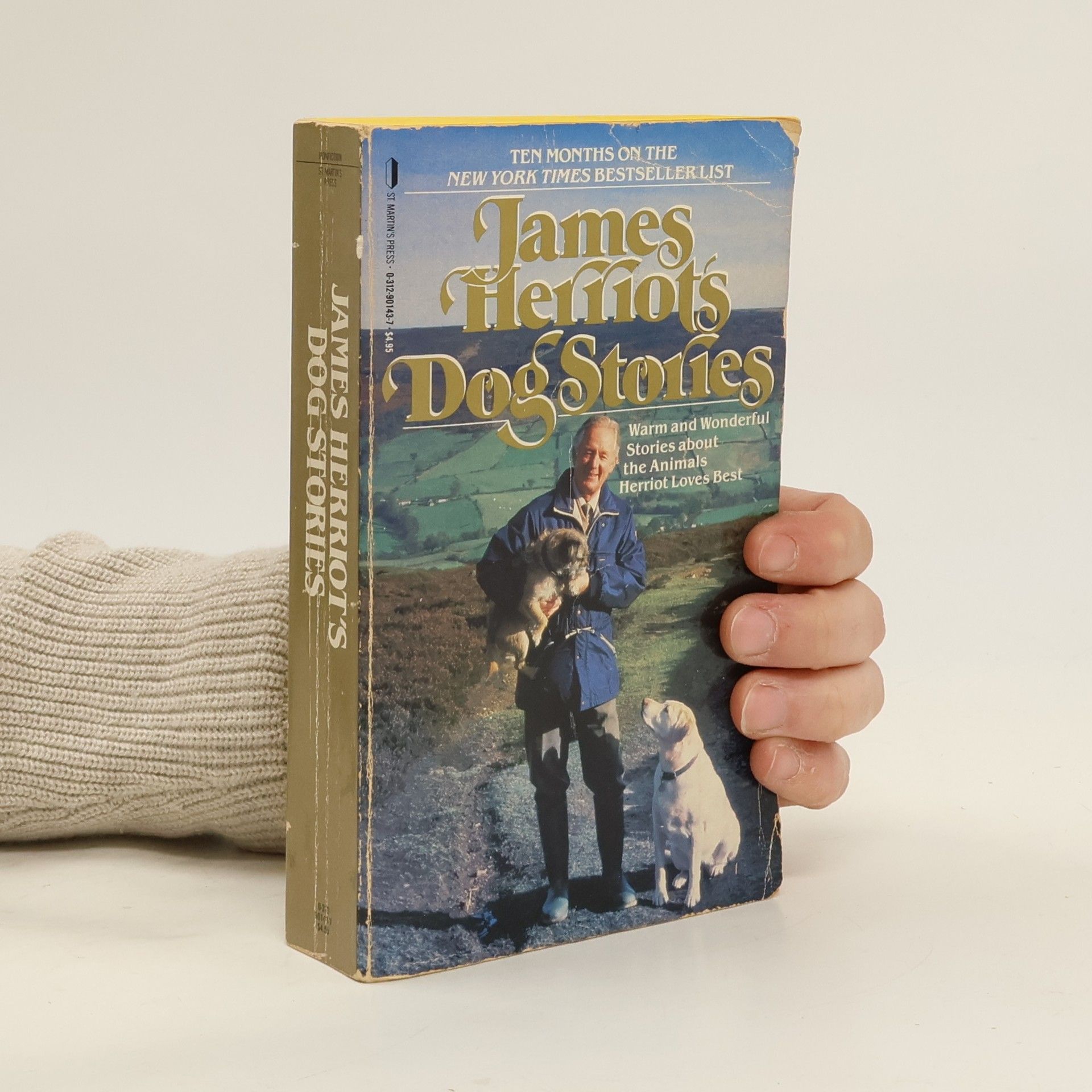
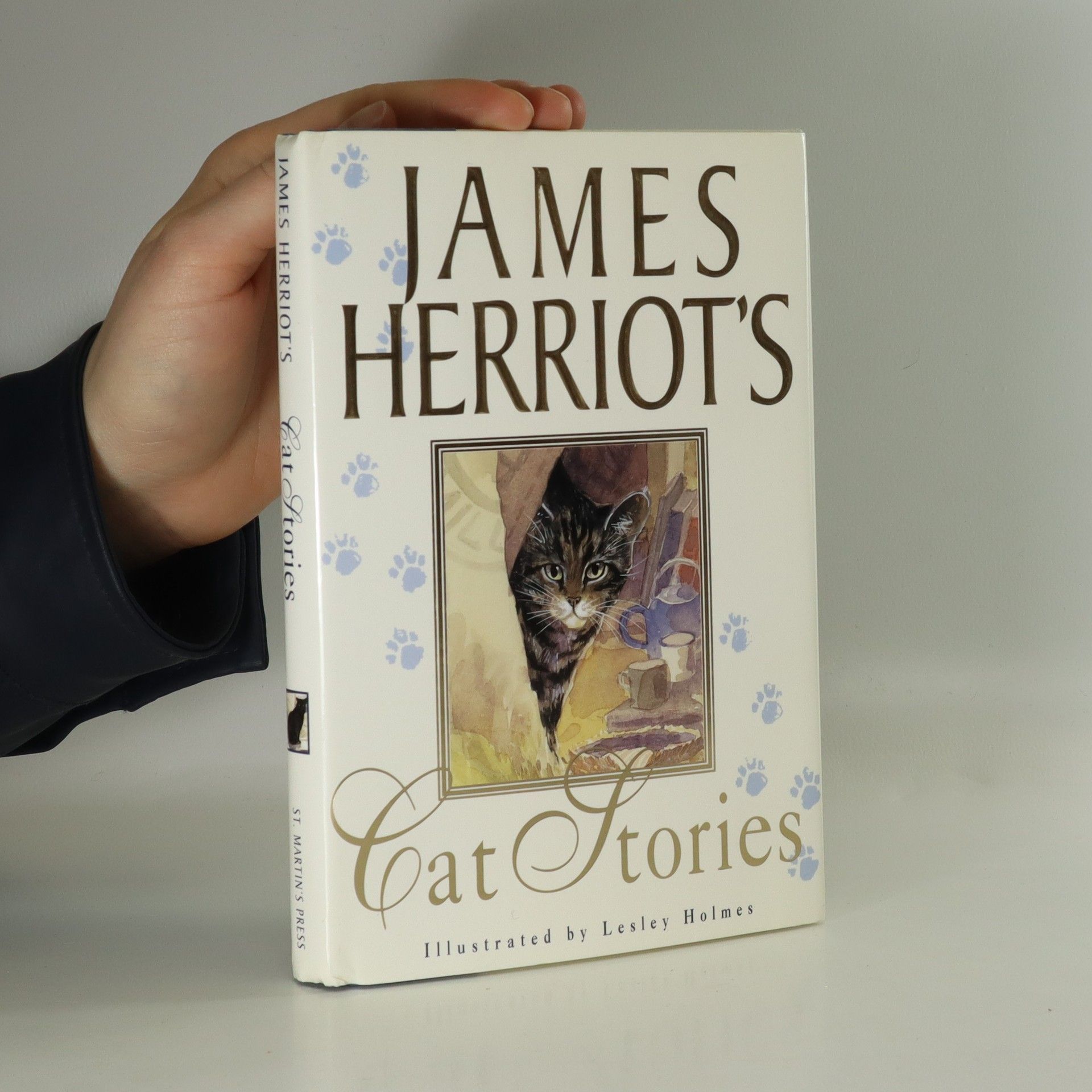
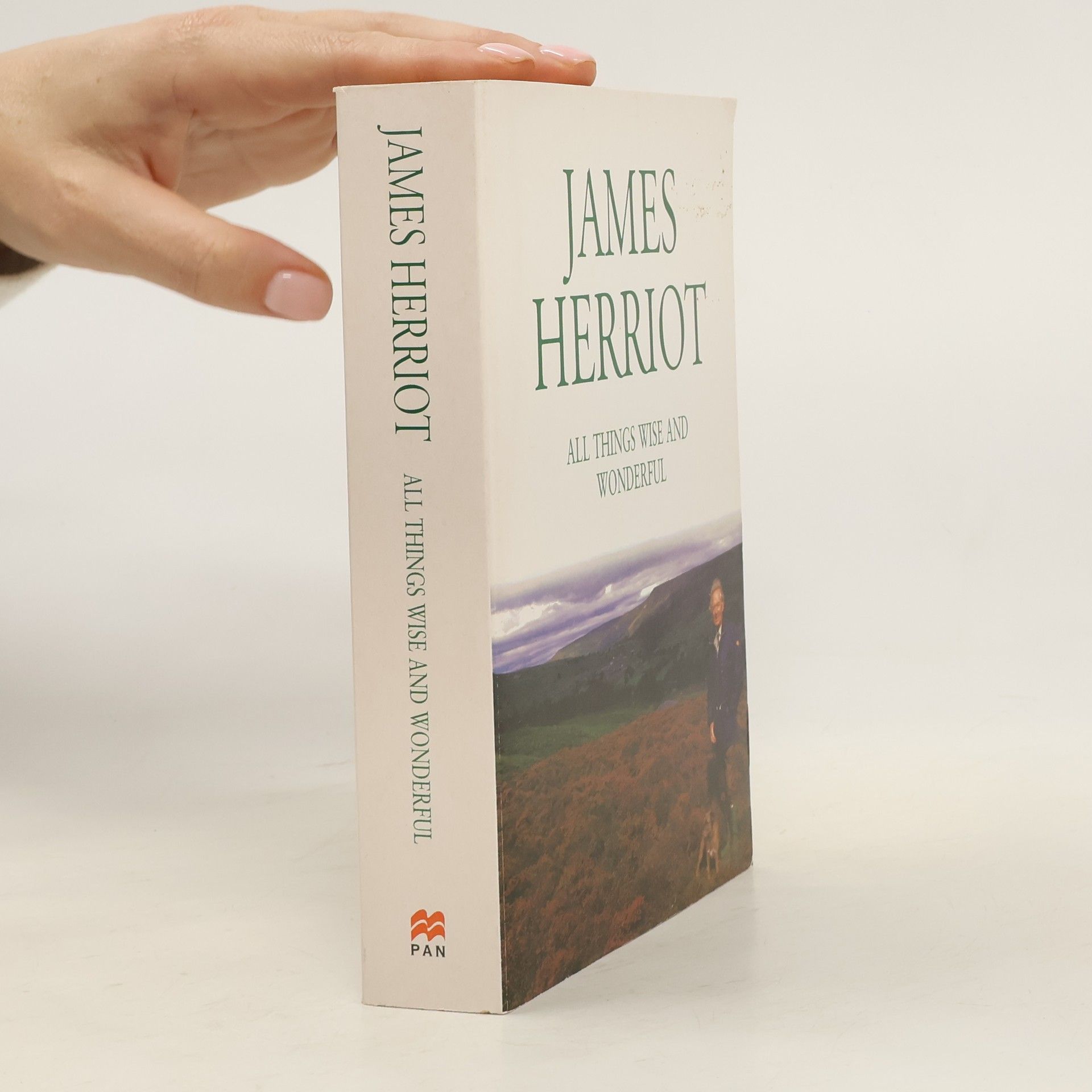
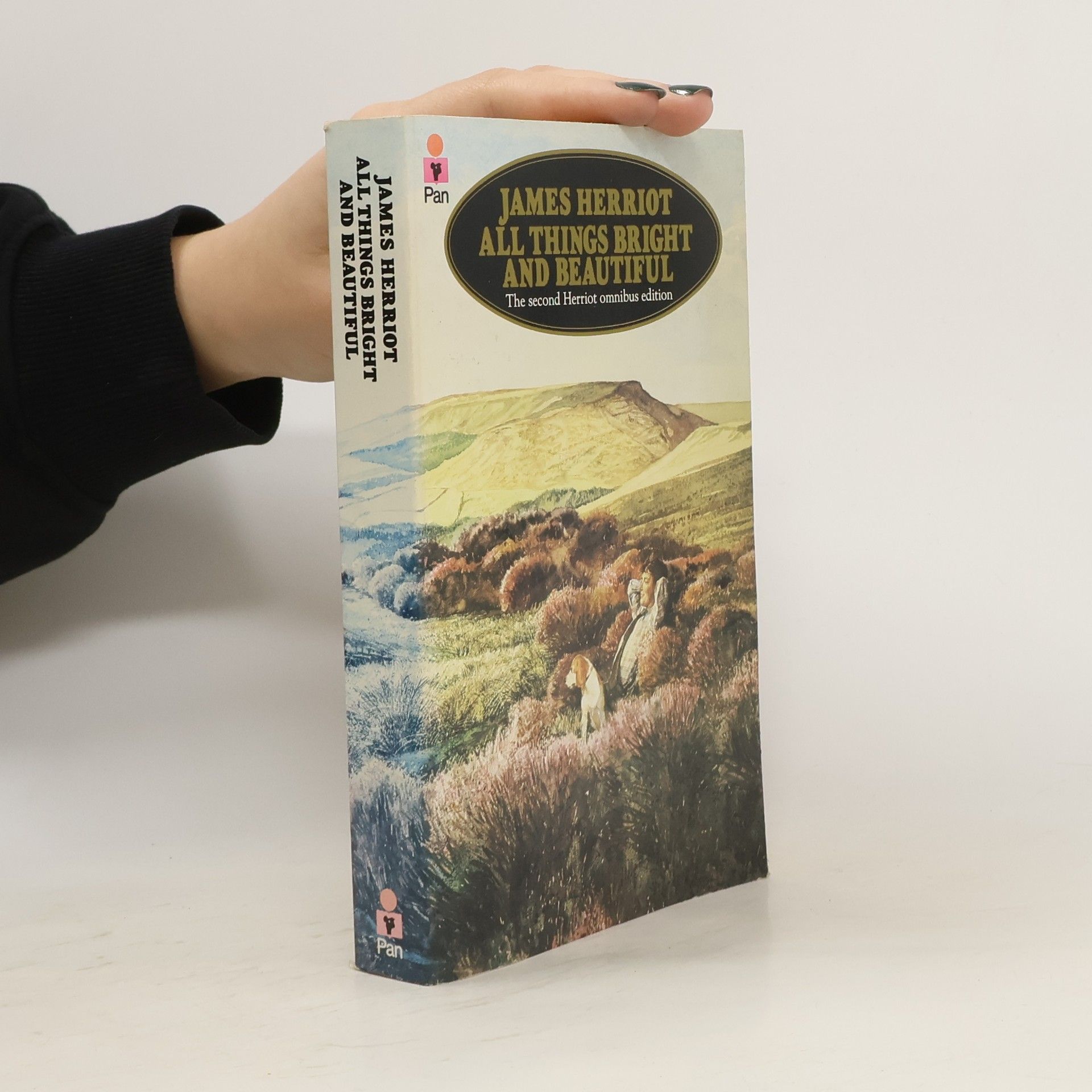
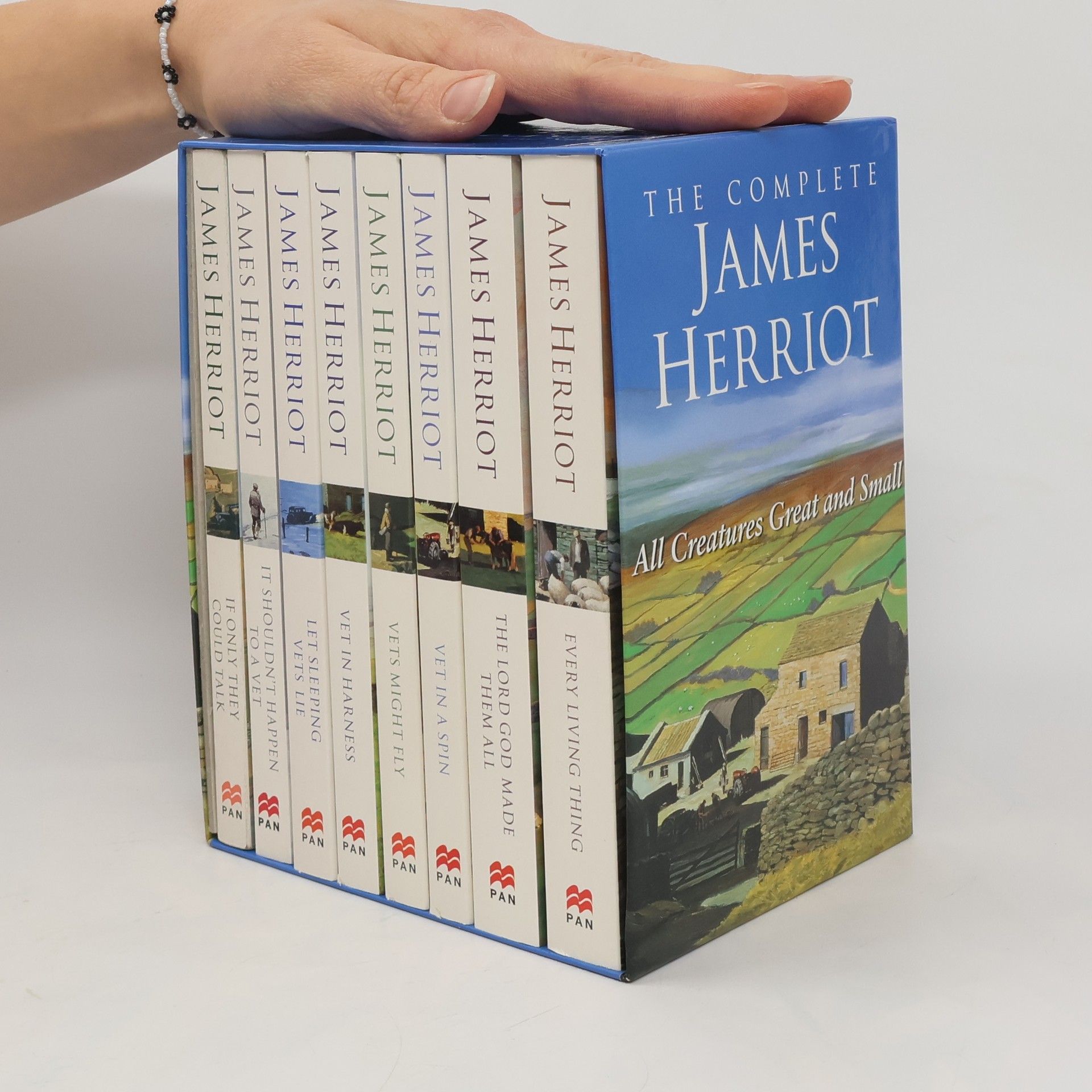
All Things Bright and Beautiful
- 384 pages
- 14 hours of reading
An English veterinarian reminisces about his life, career, and animal patients in an English village
All Things Wise and Wonderful
- 400 pages
- 14 hours of reading
Herriot once again brings us his life story of rewarding experiences as a country veterinarian.
Between these covers, teller and tales finally meet in a warm and joyful new collection that will bring delight to the hearts of readers the world over: James Herriot's Cat Stories. Here are Buster, the kitten who arrived on Christmas; Alfred, the cat at the sweet shop; little Emily, who lived with the gentleman tramp; and Olly and Ginny, the kittens who charmed readers when they first appeared at the Herriots' house in the worldwide bestseller Every Living Thing. And along with these come others, each story as memorable and heartwarming as the last, each told with that magical blend of gentle wit and human compassion that marks every word from James Herriot's pen.
James Herriot's Dog Stories
- 503 pages
- 18 hours of reading
The magic of Herriot's storytelling has never been more vivid than in this collection of 53 stories about the Yorkshire vet's favorite animal and man's best friend. Each story is introduced by Herriot and enhanced by one of Victor Ambrus's masterful drawings. A major publishing event for a worldwide audience. Martin's.
James Herriot's Favorite Dog Stories
- 169 pages
- 6 hours of reading
Presents a collection of stories about dogs that James Herriot came to know through his practice as a veterinary surgeon
The James Herriot collection.
- 816 pages
- 29 hours of reading
Contains six books including "If Only They Could Talk", "Let Sleeping Vets Lie", "It Shouldn't Happen to a Vet", "Vet in Harness", "Vets Might Fly" and "Vet in a Spin". These books form the basis for the BBC TV series "All Creatures Great and Small".
James Herriot's Treasury for Children
- 272 pages
- 10 hours of reading
A collection of delightful children's tales - from the springtime frolic of Oscar, Cat-About-Town to the yuletide warmth of The Christmas Day Kitten.
Raccolta selezionata da James Herriot delle sue opere, con in più del materiale inedito.
With two years experience behind him, James Herriot still feels privileged working on the beautiful Yorkshire moors as assistant vet at the Darrowby practice. Time to meet yet more unwilling patients and a rich cast of supporting owners. Full of hilarious tales of his unpredictable boss Siegfreid Farnon, his charming student brother Tristan, the joys of spring lambing, a vicious cat called Boris and James' jinxed courtship of the lovely Helen, this third volume of memoirs is sure to delight hardened fans and new readers of James Herriot titles alike. 'He can tell a good story against himself, and his pleasure in the beauty of the countryside in which he works is infectious' "Daily Telegraph" 'Full of warmth, wisdom and wit' "The Field" 'It is a pleasure to be in James Herriot's company' "Observer "
